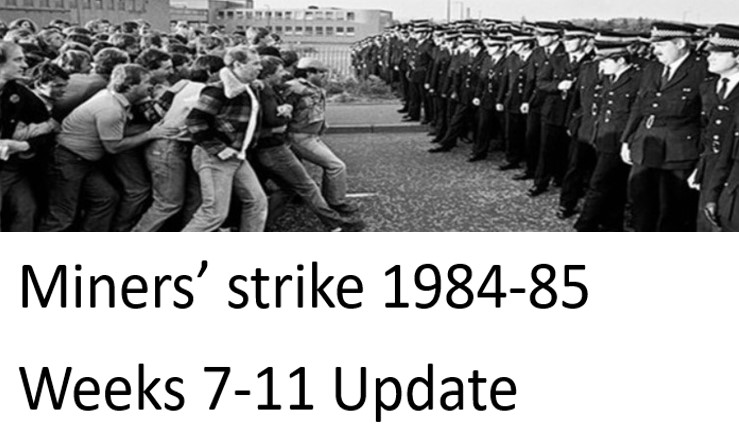By an NHS shop-steward
As is well known, the NHS has been woefully short of the PPE required to protect staff from coronavirus. Even with the TV cameras present on wards, doctors, nurses and support staff have been seen working with Covid patients sometimes in just face masks, gloves and aprons, with exposed arms and neck.
A quick look at international news outlets shows health workers in almost any other country, not just EU countries but also South Korea and China, covered in full protective suits, visors and goggles doing the same work. The result has been a horrendous death toll of UK NHS workers, especially those from black and Asian backgrounds.
Part of the problem has been the incredible shambles of the government’s planning and response. For instance, it was April 1 before they even asked domestic manufacturers to make items of PPE, and then there was the saga of the non-delivery of 400,000 Turkish gowns. You sometimes ask yourself, “Is there a single mistake the government hasn’tmade?”
PPE is a private sector problem
But even once the PPE is delivered, there has been an ongoing shambles in its distribution. This is not an “NHS problem” caused by those mythical NHS managers and pen-pushers. No, it is very firmly a private sector problem.
NHS Logistics was running perfectly well until it was privatised by a Labour government – yes a Labour government – in 2006, on Andy Burnham’s watch. The whole organisation was privatised to DHL, although the lorries still looked like NHS vehicles, with a tiny DHL sticker on the door. Shop stewards were pushed out and work was intensified in a bid to achieve the promised “£1 billion saving over 5 years”.
The cuts made were not enough for the Tories, though, who forced through further changes in 2018. The management of the service was consolidated into a government-owned company called Supply Chain Co-ordination Ltd (SCCL), from which all hospital trusts were compelled to buy, while the actual deliveries, the lorries and warehouses were transferred to Unipart, on condition that they “streamline” the organisation.
New Labour privatised NHS functions
SCCL was to be paid for by taking £500m out of hospital budgets, so as to effectively compel them to use the scheme. This is only one of various madcap schemes supposedly to save money by consolidating ‘back-office functions’ as recommended by the Carter Review into the NHS. We were told that all HR across government would be provided by one company, but that idea died a death. Then there was the ‘print farmer’ who was going to get the contact for all printing in the NHS. Far from saving money, these schemes have all crashed and burned with chaos and losses.
(Note: Lord Carter of Coles is a ‘Labour’ Lord, or more correctly a New Labour Lord, and Jack Straw’s “best friend” according to Straw’s autobiography.)
SCCL went the same way as Lord Carter’s other ideas. A highly paid chief executive was brought in at £230,000 a year from that well-known healthcare company Technicolor, and began cutting staff and wages at the bottom. With disarming frankness, he told Civil Service World “If the salary level was different maybe it wouldn’t have attracted me”. It is a case of one rule for the bosses, another for the workers.
No slack or safety margin in the system
Unite members on the Unipart contract ended up threatening strike action even to get sick pay! One thing the strike achieved was to get their wages ‘up’ to £10.24 an hour. The CEO’s rate was £117 an hour.
Then came the Coronavirus. The privatised service had been streamlined to the point of emaciation. There was no slack or safety margin in the system. SCCL and Unipart proved incapable of delivering what little PPE there was and it all ended with the army being sent in. Military sources described the SCCL operation as “knackered” and guilty of “appalling handling” of PPE logistics. The NHS workers who got infected would probably agree. Like so much in the NHS, SCCL is a privatised mess, a tune struck up by New Labour and brought to an excruciating crescendo by the Tories.
June 25, 2020



